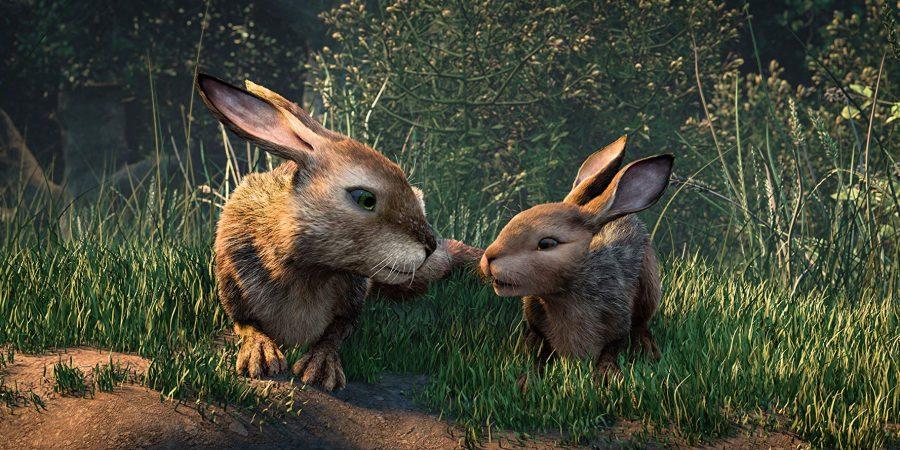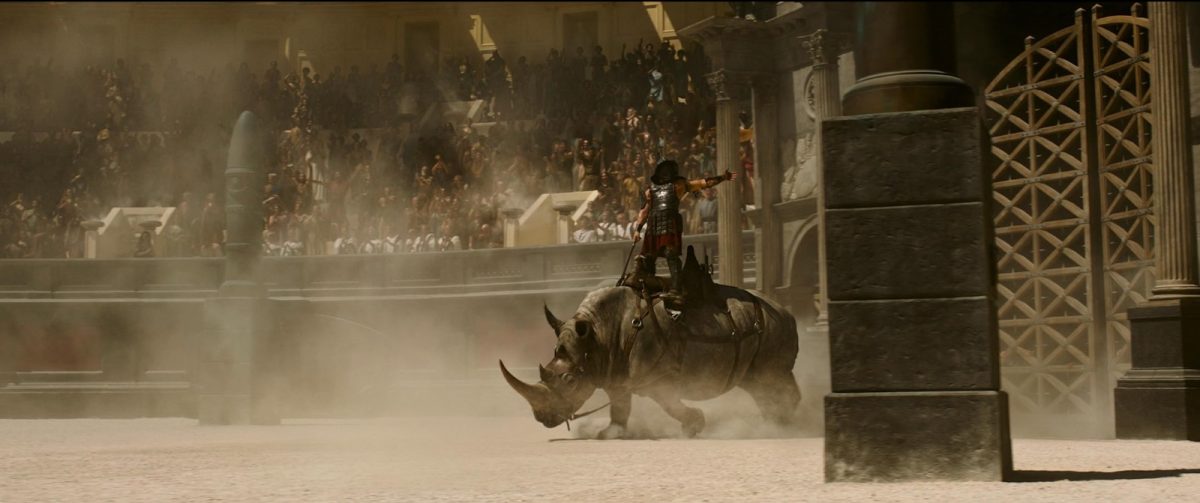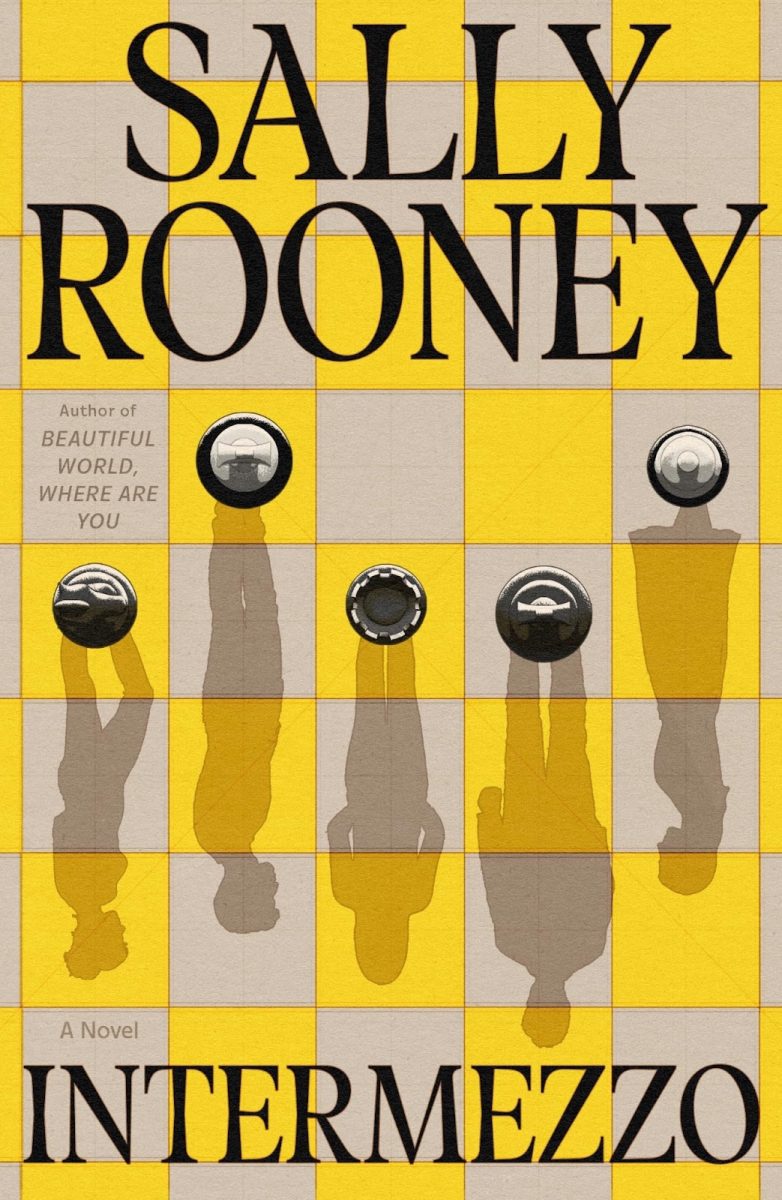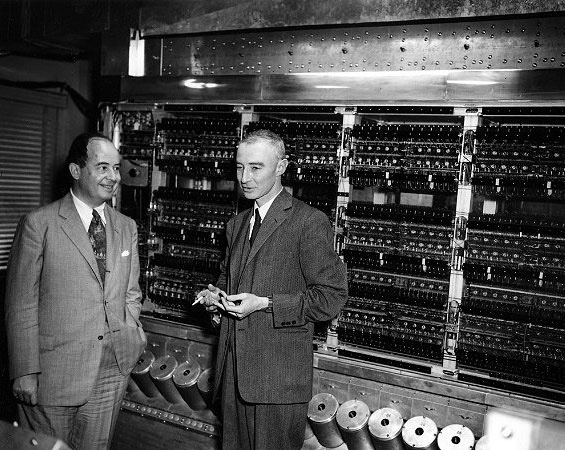Richard Adam’s Watership Down, released in 1972, is one of my all-time favorite books. For this reason, I was pleasently surprised to find that Netflix released a four-part adaptation of the series. Watership Down, at first glance, appears to be a children’s story whenever I’ve tried to describe the basic storyline. The main plot follows a group of rabbits led by Hazel (James McAvoy) who leave their warren after Hazel’s brother, Fiver (Nicholas Hoult), has a premonition about the eminent danger that will destroy their home.
However, it’s so much more than a simple story about bunnies. There are political divides between the rabbits and the new warrens they encounter as well as darker themes of dictatorship and enslavement, paralleling human qualities.
Not only is there violence and death, but there are love stories that build on the rabbit’s natural behavior, such as the dynamics of does and bucks. Adams consistently included the natural behavior of rabbits, while giving them human characteristics, emotions and tendencies.
There are two main recurring themes that inspire reflection after watching the show or reading the book. The first is a sense of belonging. After being on the bottom of the hierarchy at their old warren, the rabbits struggle with their roles in a new warren, specifically with deciding who should be the new leader. This is coupled with their constant search for a new home on the British countryside, which leads to interactions with other warrens.
The other main theme is the question of human brutality. The rabbits continually struggle with this, as they engage in violence and encounter a warren dictated by a brutal rabbit named General Woundwort (Ben Kingsley).
While I would definitely recommend reading the book before you watch the series, it was one of the most accurate depictions of a book that I’ve seen so far. It was definitely a smart choice to break the series into four parts, which allowed even small details to be included. The details are so important to the book and are often left out in movies because there simply isn’t enough time to include them. All of the characters were diverse and brought something to the table. The “all star” cast, in addition to the ones mentioned above, included John Boyega, Gemma Arterton, Daniel Kaluuya and Olivia Colman, and all were spectacular in their portrayals.
One of the major complaints that I have about the series and something I also struggled with while watching was the quality of the animation. It felt as though there was little effort given to the animation. While I thought the storyline was compelling, and I still binge-watched the whole thing in one day despite the animation, they could’ve done so much more with the animation style.
In addition to this, the mini-series left out all blood and gore associated with the violence. This was a key part of the novel, and Adams specifically wrote it that way to highlight current issues about the world as well as to show this perspective to children in a literary work. The blood wasn’t the most important part, but the violence itself was integral to the themes of the book. These scenes were still included in the series, but they were incredibly censored.
I would definitely recommend watching the mini-series, especially if you read the book. It’s something a bit different but also somethign that tackles real-world issues in an animated depiction. There is so much more to Watership Down than an animated version of a children’s book, which I think is what makes it so unique.
















